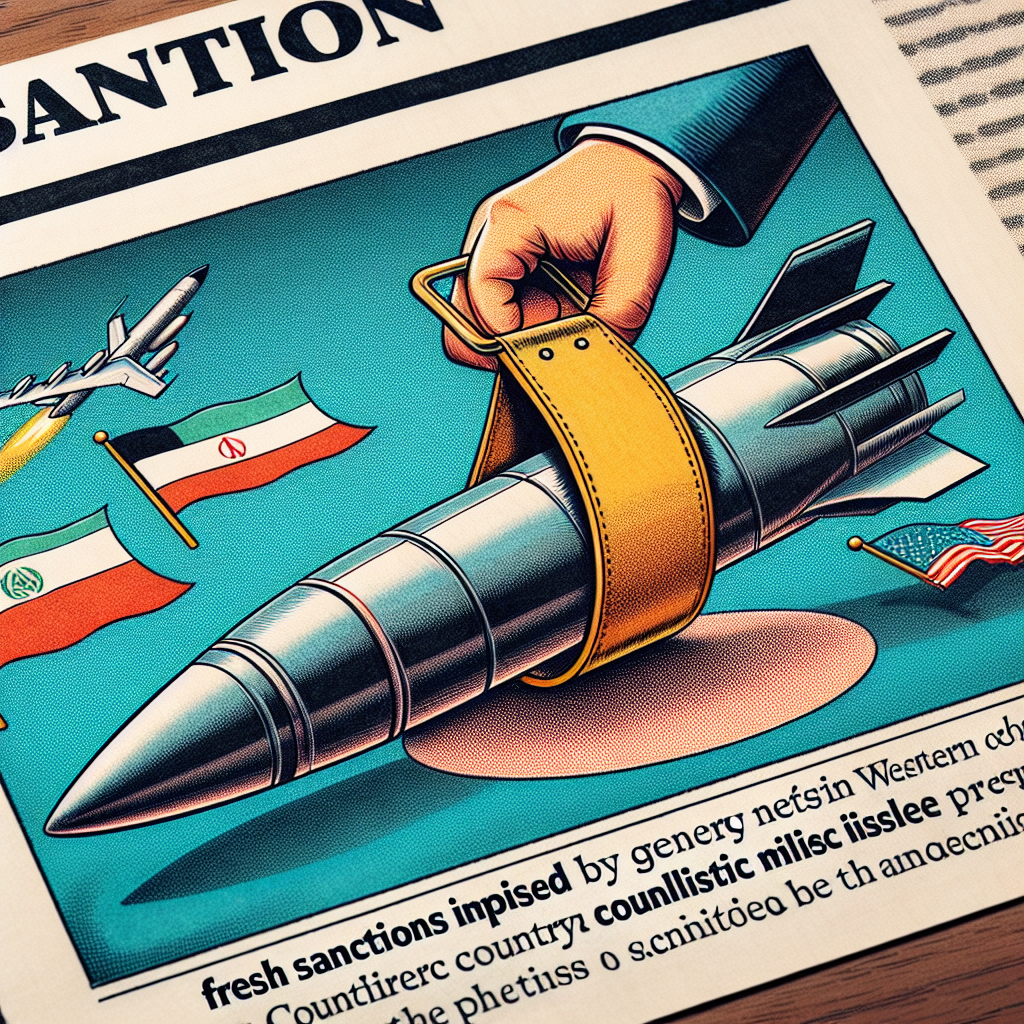US Imposes Fresh Sanctions on Iran’s Ballistic Missile Program
US Imposes Fresh Sanctions on Iran’s Ballistic Missile Program
Introduction
The United States has announced a new round of sanctions targeting Iran’s ballistic missile program. This move is part of a broader strategy to curb Iran’s military capabilities and address concerns over regional security.
Key Details of the Sanctions
- Targeted Entities: The sanctions focus on several Iranian entities and individuals believed to be involved in the development and proliferation of ballistic missiles.
- Financial Restrictions: The sanctions include freezing assets and prohibiting transactions with US entities, aiming to cut off financial resources for the missile program.
- International Cooperation: The US is working with allies to ensure a coordinated response, urging other nations to implement similar measures.
Reasons Behind the Sanctions
The US government cites several reasons for imposing these sanctions:
- Regional Security Threat: Iran’s ballistic missile program is viewed as a significant threat to stability in the Middle East.
- Nuclear Concerns: There are fears that advancements in missile technology could be paired with nuclear capabilities.
- Violation of Agreements: The US claims that Iran’s actions violate international agreements and UN resolutions.
Reactions and Implications
The announcement has elicited varied reactions from different stakeholders:
- Iran’s Response: Iran has condemned the sanctions, labeling them as unjust and a violation of its sovereignty.
- Global Reactions: Some countries have expressed support for the US stance, while others call for diplomatic solutions.
- Impact on Diplomacy: The sanctions could complicate ongoing diplomatic efforts to revive the Iran nuclear deal.
Conclusion
The US’s imposition of fresh sanctions on Iran’s ballistic missile program underscores ongoing tensions and the complexities of international diplomacy. While aimed at curbing Iran’s military capabilities, these measures also highlight the challenges of balancing security concerns with diplomatic engagement.






































